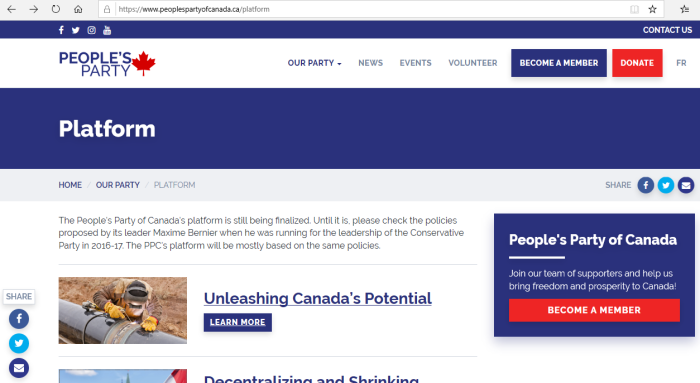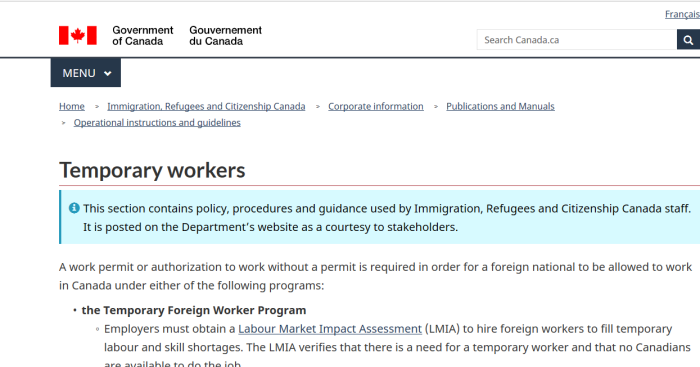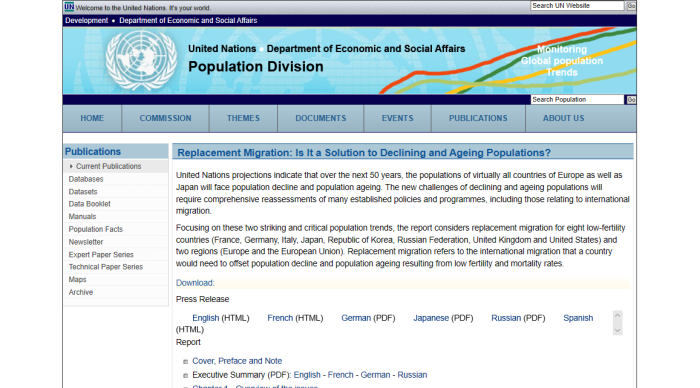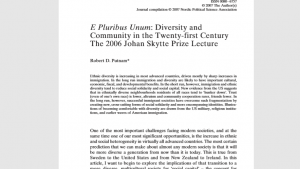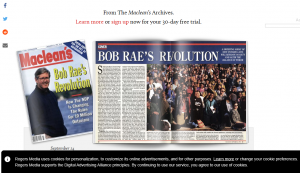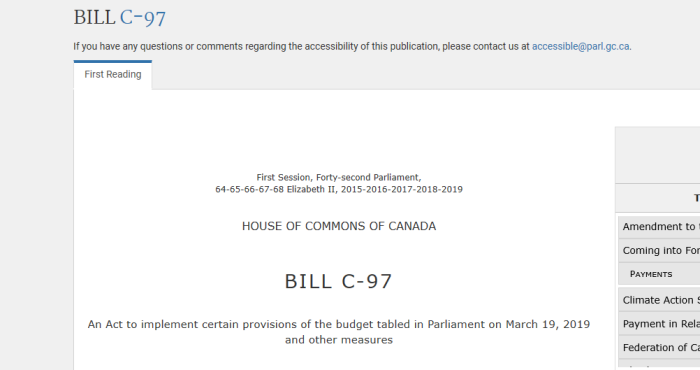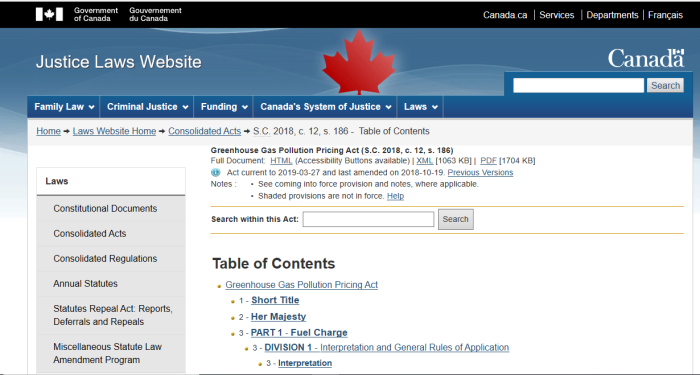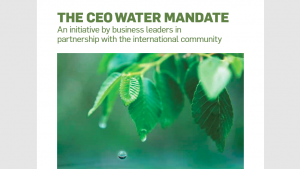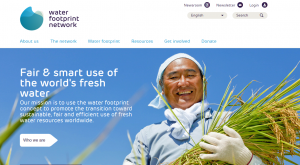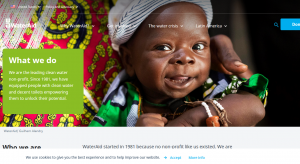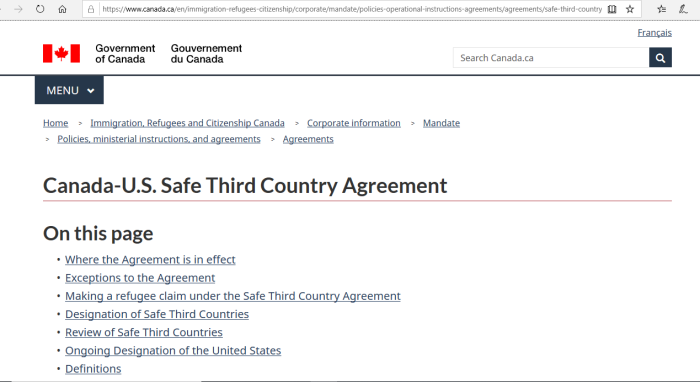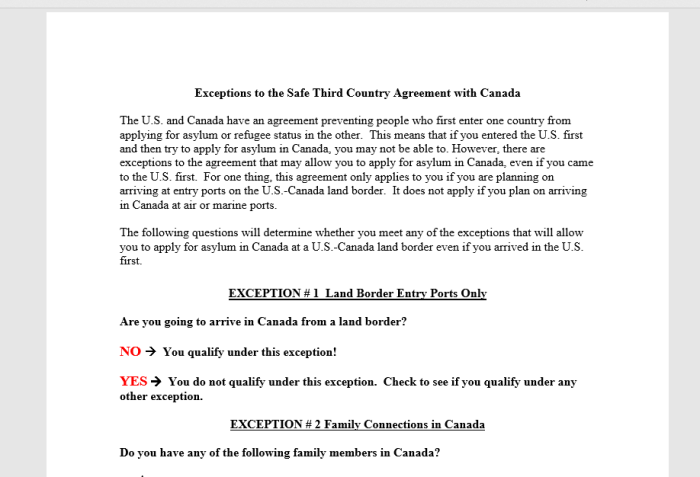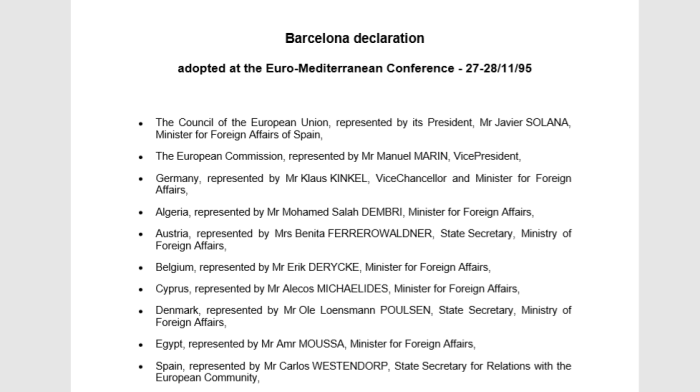
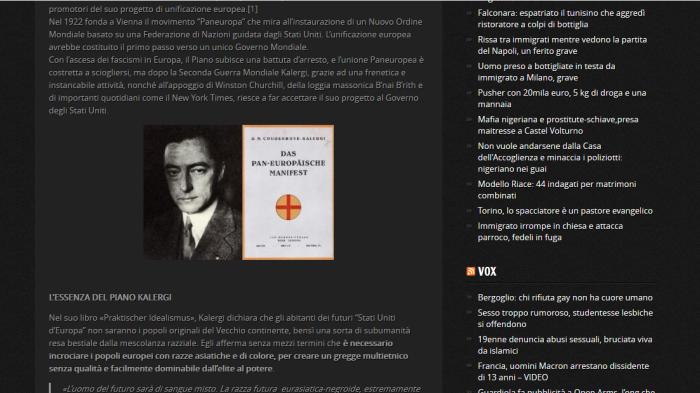
(Kalergi Plan, explained by Black Pigeon Speaks)
(Macron’s Reform Agenda)
1. Important Links
CLICK HERE, for UN Population Conferences (1974 Romania, 1984 Mexico, 1994 Egypt)
CLICK HERE, for the Barcelona Declaration (of 1995).
CLICK HERE, for UN Migration & Development (of 1995).
CLICK HERE, for UN Migration & Development (of 1998).
CLICK HERE, for the Expert Group of Population Decline (of 2000).
CLICK HERE, for UN Migration & Development (of 2002).
CLICK HERE, for UN Migration & Development (of 2005).
CLICK HERE, for UN Migration & Development (of 2008).
CLICK HERE, for the Declaration on High Level Dialogue on Migration (of2013).
CLICK HERE, for the New York Declaration (of 2016)
CLICK HERE, for the UN Global Migration Compact (of 2018)
CLICK HERE, for the Charlemagne Prize, for unifying Europe.
CLICK HERE, for Canada’s Multiculturalism Act.
2. Let’s Get A Timeline
- 1918 – End of WW1, Austria Hungary broken apart
- 1918 onwards – tensions between nations and groups within
- 1922 – Kalergi’s Writings of a “Unified Europe”
- 1933 – Hitler becomes Chancellor of Germany
- 1945 – End of WW2, start of cold war
- 1973 – Free trade bloc between 6 European nations
- 1974 – Population Conference in Bucharest, Romania
- 1984 – Population Conference in Mexico City, Mexico
- 1994 – Population Conference in Cairo, Egypt
- 1995 – Barcelona Declaration in Barcelona, Spain
- 1995 – Resolution on Migrant and Development, UN
- 1998 – Resolution on Migrant and Development, UN
- 2000 – Expert Report on Population Decline
- 2002 – Resolution on Migrant and Development, UN
- 2005 – Resolution on Migrant and Development, UN
- 2008 – Resolution on Migrant and Development, UN
- 2013 – High Level Talks in Migration, UN
- 2016 – New York Declaration, NY, USA
- 2018 – UN Global Migration Compact, Morocco
3. Who Was At Barcelona?
Barcelona declaration
adopted at the Euro-Mediterranean Conference – 27-28/11/95
• The Council of the European Union, represented by its President, Mr Javier SOLANA, Minister for Foreign Affairs of Spain,
• The European Commission, represented by Mr Manuel MARIN, VicePresident,
• Germany, represented by Mr Klaus KINKEL, ViceChancellor and Minister for Foreign Affairs,
• Algeria, represented by Mr Mohamed Salah DEMBRI, Minister for Foreign Affairs,
• Austria, represented by Mrs Benita FERREROWALDNER, State Secretary, Ministry of Foreign Affairs,
• Belgium, represented by Mr Erik DERYCKE, Minister for Foreign Affairs,
• Cyprus, represented by Mr Alecos MICHAELIDES, Minister for Foreign Affairs,
• Denmark, represented by Mr Ole Loensmann POULSEN, State Secretary, Ministry of Foreign Affairs,
• Egypt, represented by Mr Amr MOUSSA, Minister for Foreign Affairs,
• Spain, represented by Mr Carlos WESTENDORP, State Secretary for Relations with the European Community,
• Finland, represented by Mrs Tarja HALONEN, Minister for Foreign Affairs,
• France, represented by Mr Hervé de CHARETTE, Minister for Foreign Affairs,
• Greece, represented by Mr Károlos PAPOULIAS, Minister for Foreign Affairs,
• Ireland, represented by Mr Dick SPRING, Deputy Prime Minister and Minister for Foreign Affairs,
• Israel, represented by Mr Ehud BARAK, Minister for Foreign Affairs,
• Italy, represented by Mrs Susanna AGNELLI, Minister for Foreign Affairs,
• Jordan, represented by Mr AbdelKarim KABARITI, Minister for Foreign Affairs,
• Lebanon, represented by Mr Fares BOUEZ, Minister for Foreign Affairs,
• Luxembourg, represented by Mr Jacques F. POOS, Deputy Prime Minister and Minister for Foreign Affairs, Foreign Trade and Cooperation,
• Malta, represented by Prof. Guido DE MARCO, Deputy Prime Minister and Minister for Foreign Affairs,
• Morocco, represented by Mr Abdellatif FILALI, Prime Minister and Minister for Foreign Affairs,
• the Netherlands, represented by Mr Hans van MIERLO, Deputy Prime Minister and Minister for Foreign Affairs,
• Portugal, represented by Mr Jaime GAMA, Minister for Foreign Affairs,
• the United Kingdom, represented by Mr Malcolm RIFKIND QC MP, Secretary of State for Foreign and Commonwealth Affairs,
• Syria, represented by Mr Farouk AL-SHARAA, Minister for Foreign Affairs,
• Sweden, represented by Mrs Lena HJELM-WALLEN, Minister for Foreign Affairs,
• Tunisia, represented by Mr Habib Ben YAHIA, Minister for Foreign Affairs,
• Turkey, represented by Mr Deniz BAYKAL, Deputy Prime Minister and Minister for Foreign Affairs,
• the Palestinian Authority, represented by Mr Yassir ARAFAT, President of the Palestinian Authority, taking part in the Euro-Mediterranean Conference in Barcelona:
The first sections have to do with free trade and economic cooperation. However, the partnership in social, cultural and human affairs is far more interesting.
Partnership in social, cultural and Human affairs:
Developing human resources, promoting understanding between cultures & exchanges between civil societies
The participants recognize that the traditions of culture and civilization throughout the Mediterranean region, dialogue between these cultures and exchanges at human, scientific and technological level are an essential factor in bringing their peoples closer, promoting understanding between them and improving their perception of each other.
In this spirit, the participants agree to establish a partnership in social, cultural and human affairs. To this end:
they reaffirm that dialogue and respect between cultures and religions are a necessary precondition for bringing the peoples closer. In this connection they stress the importance of the role the mass media can play in the reciprocal recognition and understanding of cultures as a source of mutual enrichment;
they stress the essential nature of the development of human resources, both as regards the education and training of young people in particular and in the area of culture. They express their intent to promote cultural exchanges and knowledge of other languages, respecting the cultural identity of each partner, and to implement a lasting policy of educational and cultural programmes; in this context, the partners undertake to adopt measures to facilitate human exchanges, in particular by improving administrative procedures;
they underline the importance of the health sector for sustainable development and express their intention of promoting the effective participation of the community in operations to improve health and well-being;
they recognize the importance of social development which, in their view, must go hand in hand with any economic development. They attach particular importance to respect for fundamental social rights, including the right to development;
-they recognize the essential contribution civil society can make in the process of development of the EuroMediterranean partnership and as an essential factor for greater understanding and closeness between peoples;
-they accordingly agree to strengthen and/or introduce the necessary instruments of decentralized cooperation to encourage exchanges between those active in development
-within the framework of national laws: leaders of political and civil society, the cultural and religious world, universities, the research community, the media, organizations, the trade unions and public and private enterprises;
-on this basis, they recognize the importance of encouraging contacts and exchanges between young people in the context of programmes for decentralized cooperation;
-they will encourage actions of support for democratic institutions and for the strengthening of the rule of law and civil society;
they recognize that current population trends represent a priority challenge which must be counterbalanced by appropriate policies to accelerate economic takeoff;
-they acknowledge the importance of the role played by migration in their relationships. They agree to strengthen their cooperation to reduce migratory pressures, among other things through vocational training programmes and programmes of assistance for job creation. They undertake to guarantee protection of all the rights recognized under existing legislation of migrants legally resident in their respective territories;
-in the area of illegal immigration they decide to establish closer cooperation. In this context, the partners, aware of their responsibility for readmission, agree to adopt the relevant provisions and measures, by means of bilateral agreements or arrangements, in order to readmit their nationals who are in an illegal situation. To that end, the Member States of the European Union take citizens to mean nationals of the Member States, as defined for Community purposes;
they agree to strengthen cooperation by means of various measures to prevent terrorism and fight it more effectively together;
by the same token they consider it necessary to fight jointly and effectively against drug trafficking, international crime and corruption;
they underline the importance of waging a determined campaign against racism, xenophobia and intolerance and agree to cooperate to that end.
4. Summary
Okay, let’s gather some information here:
- Improving perception of them? Sounds like propaganda
- Mass media to “play a role”. Okay
- Closeness of cultures to be valued
- Exchanges to be promoted
- Migration to be valued
- Must repatriate illegals
- campaign against racism, xenophobia and intolerance (no Islamophobia). Could this be to silence critics of this mass migration pact?
In case anyone was wondering, this is to promote multiculturalism, with no expectation of assimilation. While this is promoted as a post-cultural era, the idea is to encourage mass migration (mainly to Europe). Various cultures could then expect accommodation, since tolerance was the norm.
Of course, all of this presupposed that nations were totally fine giving up their national heritage and culture, something that has never proven true.
5. Exerps of Kalergi Plan
This war of annihilation, prepared by European politics, will leave the world war just as far behind in horror as it did the German-French one. His element will be the air – his weapon the poison – his aim is the extermination of the hostile nation. The main fight will be directed against the cities of the hinterland, against women and children. The vanquished nations are destroyed – the victorious mortally wounded emerge from this mass murder. This imminent war means the complete downfall of Europe, its culture and economy. Other continents will take its place. The second danger that escapes a fragmented Europe is the conquest by Russia.
Then the fragmented and divided small states of Europe will face the one Russian world power whose territory is five times larger than the whole of Europe. Neither the small states of Eastern Europe, Scandinavia and the Balkans nor disarmed Germany would then be able to ward off the Russian onslaught. Rhine, Alps, Adriatic would become the border of Europe: until this border also falls and Europe becomes Russia’s western province. There is only one salvation from this danger: the European union. For a united Europe there is no Russian danger. Because it has twice as many people as Russia and a much more developed industry. So the decision about the Russian danger is not with Russia – but with Europe.
Getting originals of Kalergi’s work has been difficult. But here is the basic idea. Individual nation states within Europe lead to violence and war. People’s attachment to ethnicity, culture and heritage leads to violence between groups. However, if there was only one people, then these issues would not exist.
Yes, the Kalergi plan is ethnic cleansing, although the intent was to make for a more peaceful Europe. (Watch BPS’s video above as he explains it very well).
Further, individual nations weaken Europe against Russia. Russia of course is vastly stronger than any individual nation, but could be fended off if the European nations united.
The Kalergi plan was a way to solve both problems: (1) prevent violence between European nations; and (2) unite to be able to stand up to Russia.
As for the Charlemagne Prize, this is an award given to a person who has made extraordinary efforts in uniting Europe. There are some notable winners:
-Jean Claude Juncker won in 2006
-Angela Merkel won in 2008
-Emmanuel Macron won in 2018
The goal of Barcelona Declaration and Kalergi Plan is to destroy the individual European nation and to give rise to a European super state. Of course, the people’s themselves do not wish to give up their culture, language, traditions or ethnicity. Therefore, a high level of duplicity is necessary.
Of course, the aim of the December 10, 2018 UN Global Migration Compact is to erase nations throughout the West, not just Europe.
On a final note: doesn’t the Barcelona Declaration sound a lot like Canada’s Multiculturalism Act? Any unique national identity is to be removed in order to be “diverse and tolerant”
Multiculturalism policy
3 (1) It is hereby declared to be the policy of the Government of Canada to
(a) recognize and promote the understanding that multiculturalism reflects the cultural and racial diversity of Canadian society and acknowledges the freedom of all members of Canadian society to preserve, enhance and share their cultural heritage;
(b) recognize and promote the understanding that multiculturalism is a fundamental characteristic of the Canadian heritage and identity and that it provides an invaluable resource in the shaping of Canada’s future;
(c) promote the full and equitable participation of individuals and communities of all origins in the continuing evolution and shaping of all aspects of Canadian society and assist them in the elimination of any barrier to that participation;
(d) recognize the existence of communities whose members share a common origin and their historic contribution to Canadian society, and enhance their development;
(e) ensure that all individuals receive equal treatment and equal protection under the law, while respecting and valuing their diversity;
(f) encourage and assist the social, cultural, economic and political institutions of Canada to be both respectful and inclusive of Canada’s multicultural character;
(g) promote the understanding and creativity that arise from the interaction between individuals and communities of different origins;
(h) foster the recognition and appreciation of the diverse cultures of Canadian society and promote the reflection and the evolving expressions of those cultures;
(i) preserve and enhance the use of languages other than English and French, while strengthening the status and use of the official languages of Canada; and
(j) advance multiculturalism throughout Canada in harmony with the national commitment to the official languages of Canada.
The Multiculturalism Act is Canada’s version of the Barcelona Declaration. Nothing to unite us as a people, no unique culture, customs, traditions or heritage. Canada is to be “multicultural”, which plainly means it is to have “no” culture.
Also worth noting, Quebec has laws to protect its language and culture, while the rest of Canada does not. Hypocritical.
Instead of preventing conflicts BETWEEN societies, forced multiculturalism ensures there will be conflicts WITHIN societies.

